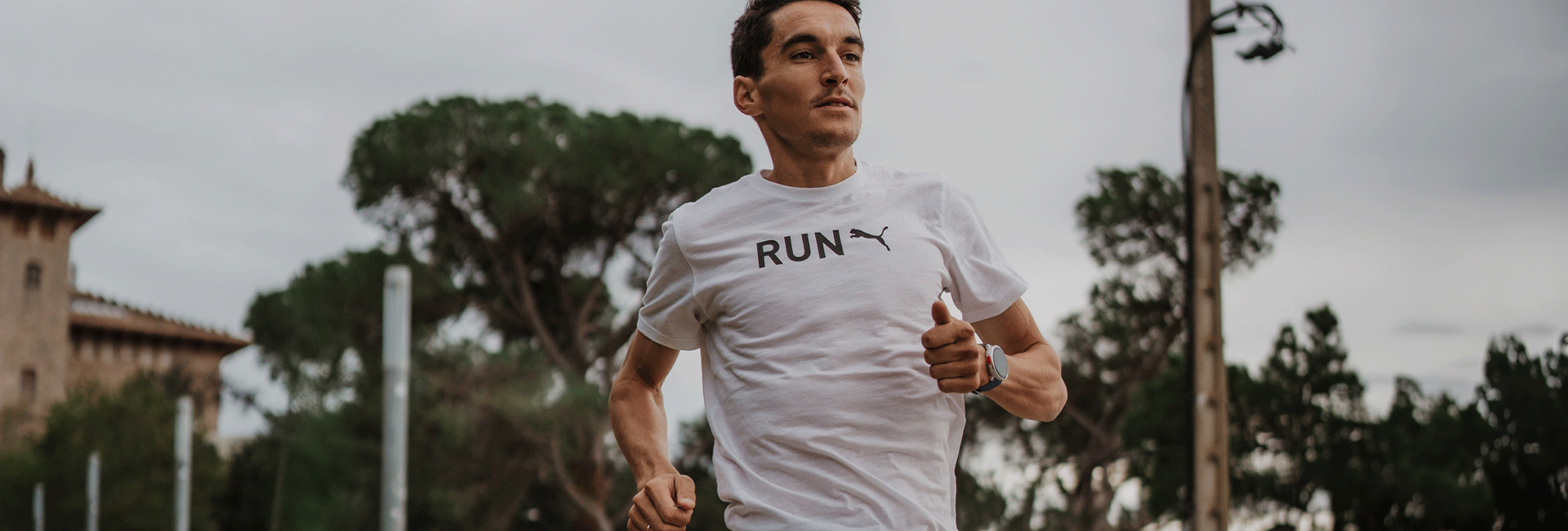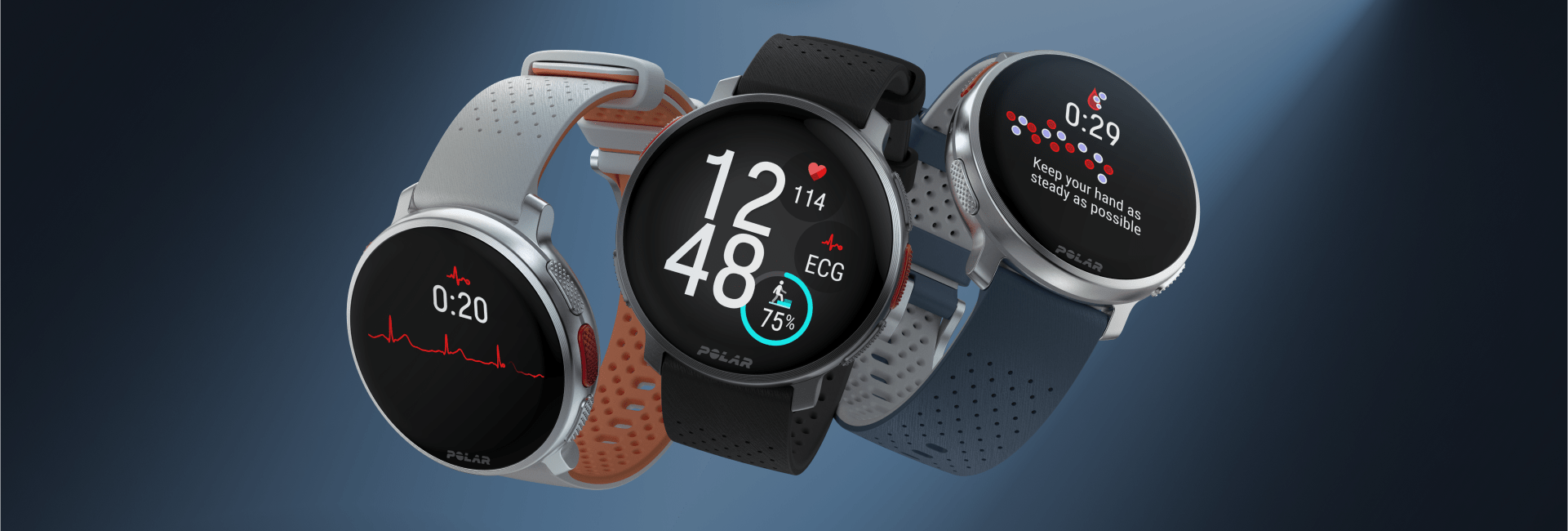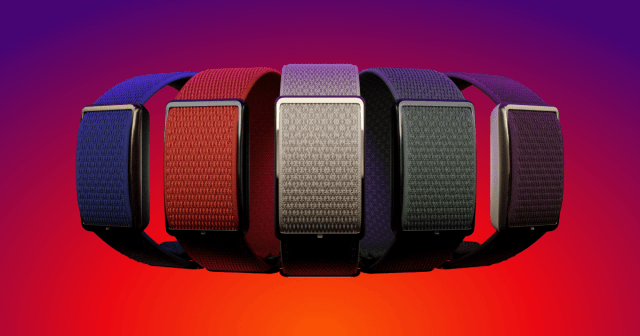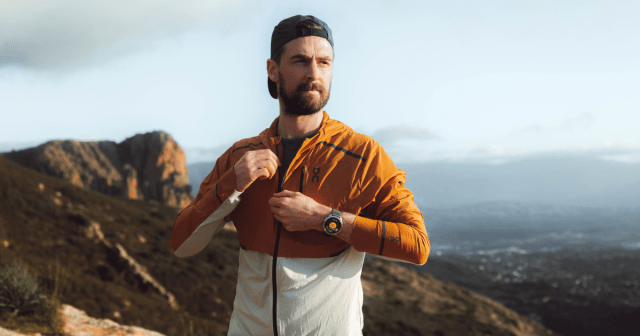“There’s no other option,” admits Dani Mateo, elite marathon runner and Spanish Olympic athlete. “Despite the difficulties, athletes must get out and run again because that, running, is our job. Simple as that.”
For Dani, perseverance and determination define an athlete’s life. Thanks to extreme self-discipline, elite athletes execute training plans with an incredible workload and maintain a lifestyle of restrain that prioritizes recovery and rest. Routine, too, helps overcome setbacks and disappointing results.
Over the past few months, driven by exceptional determination, Dani has been preparing for the upcoming Valencia Marathon, with the hope of achieving a time that could secure a spot on the Spanish marathon team for the Olympic Games in Paris next summer. Through hard work, he overcame the disappointment of his last major championship.
Last year, at the European Championships in Munich, Dani Mateo didn’t have the best of days. After finishing in the tenth position in the World Championships in Doha in 2019 and achieving a personal best of 2:08:22 in Valencia in 2020, the Spanish athlete felt ready for a great performance in Munich. The months of rigorous training had gone well, even during the scorching days of July. Days before the race, Dani was confident that he could be among the best and perhaps win a medal.
The first kilometers through the streets of Munich went according to plan. ‘All good,’ Dani thought. However, the marathon distance is always uncertain. Not even the most perfect training cycle guarantees the desired result; any small mistake or unforeseen circumstance can ruin months of work. And that day, as the race progressed, Dani accumulated bad sensations. Something was wrong.
In the last meters, just before crossing the finish line, Dani’s face reflected his disappointment. He hadn’t been able to give his all in a race marked in red on his calendar since his debut at the marathon distance years ago. ‘And now, what?’ he wondered the next day.
High temperatures and severe dehydration caused the Spanish athlete to slow down slightly. Just a few seconds per mile, but enough to gradually see his rivals pull away. After enduring what seemed like hours of suffering, Dani finished in fourteenth place with a time of 2:14:34, far from his goal.
In the last meters, just before crossing the finish line, Dani’s face reflected his disappointment. He hadn’t been able to give his all in a race marked in red on his calendar since his debut at the marathon distance years ago. ‘And now, what?’ he wondered the next day.
Focus on your training routine
We may not participate in major championships, but like elite athletes, we, as everyday runners, lace up our shoes and go running several days a week. When we become serious about our goals, we strive to follow a training plan as rigorously as possible. We may complain if it’s too cold or rainy, or if there are one too many hill workouts throughout the training cycle. And yet, we run. More often than not, we wake up early on Sundays to complete the beloved long run.
Amateur runners don’t receive payment for training and competing; running isn’t an obligation. Nevertheless, we compete against ourselves, training and running with the enthusiasm to achieve our best performance. We persist because we understand that daily effort brings us closer to our goals and dreams—whether it’s running our first 5k or achieving a sub-3 hour marathon. Deep down, we recognize the importance and necessity of testing ourselves, pushing our limits. This compels us to step out of our comfort zone to see, feel, and experience something different.
But what happens when we don’t achieve our goals? After crossing the finish line in Munich, Dani Mateo not only had to recover from the effort but also had to regain the enthusiasm to continue training.
As a professional athlete, his response was simple: work. ‘There’s no other way,’ he explains. ”Unfortunately, I had a bad day in Munich, but you have to keep running. It’s a long process, and every disappointment is a lesson.”
This tenacity is common in elite athletes like Dani Mateo. However, any non-elite runner, with persistence and consistency, can develop a routine to continue training and dedicate free time to physical activity, overcoming setbacks and disappointments. If we set certain goals, whether small or large, thanks to that determination, we can build sturdy and consistent pillars capable of withstanding the rigors of a training plan. When you fall short of your goal, it’s only natural to feel disappointed. Process those feelings and think long-term. Gradually and without realizing it, determination and discipline lead us to live like an athlete.
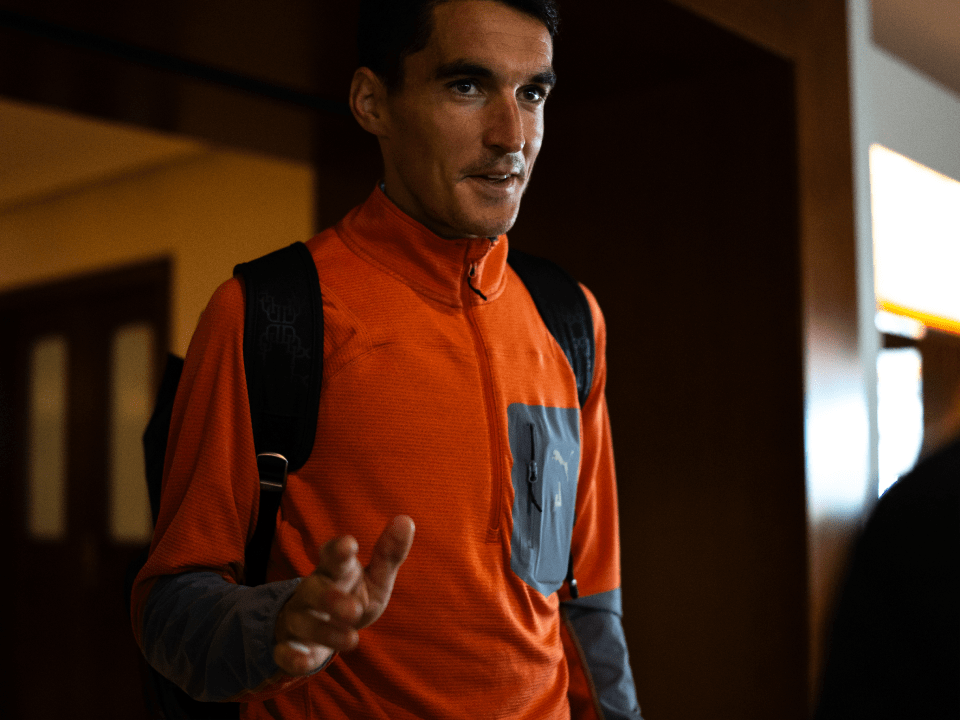
A nonconventional lifestyle
“Non-elite athletes deserve a lot of credit because they have other jobs, families, and numerous responsibilities. Despite that, they run and train hard because of their enthusiasm and enjoyment. It makes them happy,” admits the Spanish athlete.
“Non-elite athletes deserve a lot of credit because they have other jobs, families, and numerous responsibilities. Despite that, they run and train hard because of their enthusiasm and enjoyment. It makes them happy,” admits the Spanish athlete.
Dani Mateo
Many times, such dedication means swimming against the current, prioritizing rest over a night out with friends. Before turning professional, Dani Mateo already knew what it was like to buck the trend, to be the ‘odd one out.’ As a teenager who excelled in running, Dani had to take the more challenging path: being disciplined to continue training and improving. ‘Probably that phase of life, when you’re a teenager, is the toughest time for those of us who start dedicating ourselves to sports professionally. Those are the years when most of your friends want to go out, party, and have fun. Instead of joining them, you must say no and go home to rest because you need to be in the best condition to train the next day. In those moments, you feel social pressure and need great willpower. There comes a time when you have to realize that the sport is our job, and being in the best condition is our responsibility,’ he explains.
But how can this dedication be maintained during years of training? According to Dani, ‘you always need small goals that help you take steps toward a much larger ambition. An athlete’s career can be very long. Patience and taking it slow are needed. Achieving small goals is what makes us progress.”
The Biggest Goal: Paris 2024
Dani Mateo’s next goal is to represent Spain in the Olympic Games, as he did in Tokyo in 2021. ‘It was an odd experience in Japan. We were in Sapporo, away from the rest of the athletes. Due to the COVID restrictions, we could only train and run on a small circuit,’ recalls Dani. ‘The race itself was tough but also represented a very happy moment for me. It was the culmination of a long process, a dream come true. Hopefully, I’ll be an Olympian again.”
After a few months without major competitions on the calendar, Dani Mateo has new challenges in sight. He has returned to the grueling routine of training for a major marathon. In Valencia, he’ll attempt to achieve the Olympic standard to qualify for a spot on the Spanish team next year. With hardly any days off, his training plan includes many double-session days. In the morning and afternoon, Dani goes running on the roads of Soria, a rural, sparsely populated area where it’s not uncommon to not cross paths with anyone while running.
This training also cycle includes a 25-day altitude training camp in Granada. ‘The marathon plan is very tough, and you have to take it day by day,’ he explains. ‘In reality, it’s like the race. You just have to think about the kilometer immediately ahead and no further. Completing each training, little by little, helps maintain motivation and gives a sense of liberation.’
The rest of us may not aim to participate in a world championship or the Olympic Games, but we can set equally ambitious goals. Perhaps we aim to complete a 10k in less than an hour, qualify for the Boston Marathon, or finish the majors marathon circuit. Setting these goals and having the necessary determination and discipline to continue training makes us feel and act like athletes.
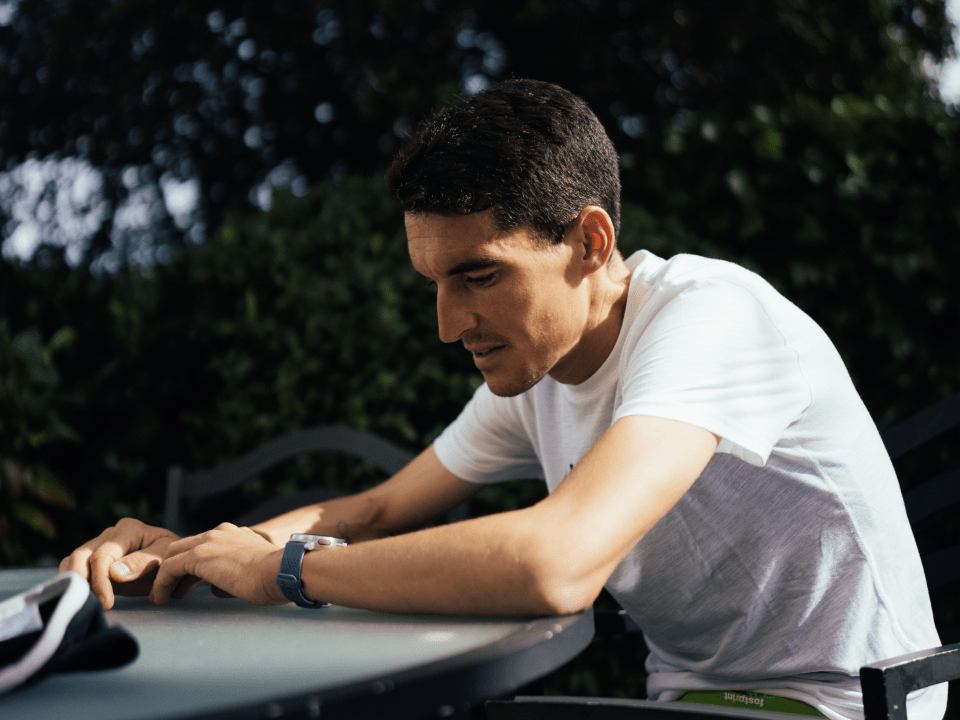
If you liked this post, don’t forget to share so that others can find it, too.
Or give it a thumbs up!
I like this article
Please note that the information provided in the Polar Blog articles cannot replace individual advice from health professionals. Please consult your physician before starting a new fitness program.
